Desperate to break free from the poverty of his homeland, Elias boards a ramshackle people-smuggling trawler to France. But when the boat is raided by police, Elias leaps into the […]
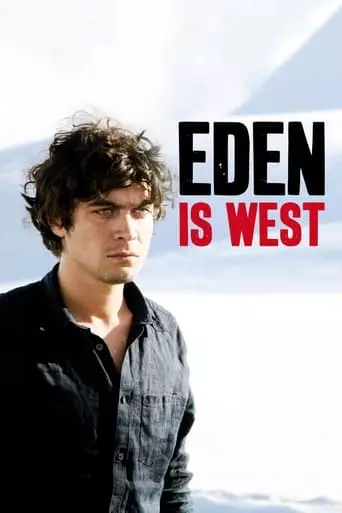
Desperate to break free from the poverty of his homeland, Elias boards a ramshackle people-smuggling trawler to France. But when the boat is raided by police, Elias leaps into the […]
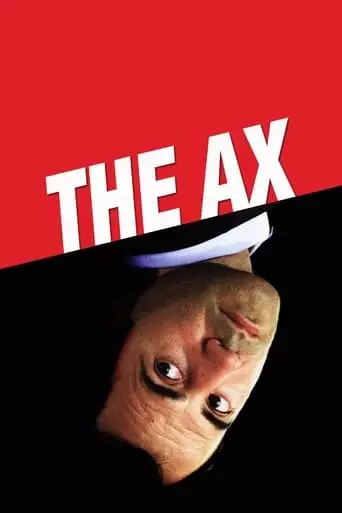
A chemist loses his job to outsourcing. Two years later and still jobless, he hits on a solution: to genuinely eliminate his competition.

A lawyer defends her father accused of war crimes, but there is more to the case than she suspects. Music Box (1989), directed by Costa-Gavras, is a gripping courtroom drama […]
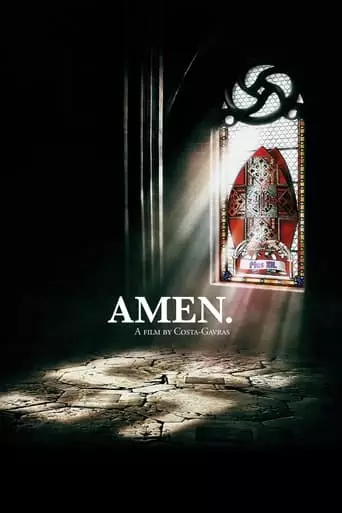
Kurt Gerstein—a member of the Institute for Hygiene of the Waffen-SS—is horrified by what he sees in the death camps. he is then shocked to learn that the process he […]
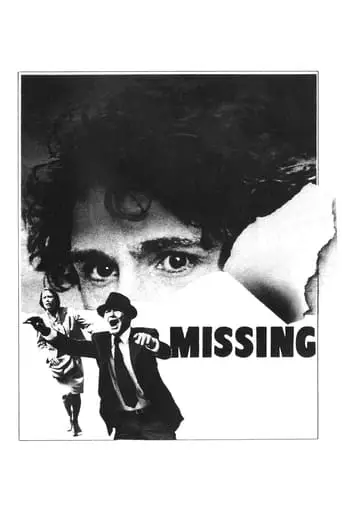
Based on the real-life experiences of Ed Horman. A conservative American businessman travels to Chile to investigate the sudden disappearance of his son after a military takeover. Accompanied by his […]
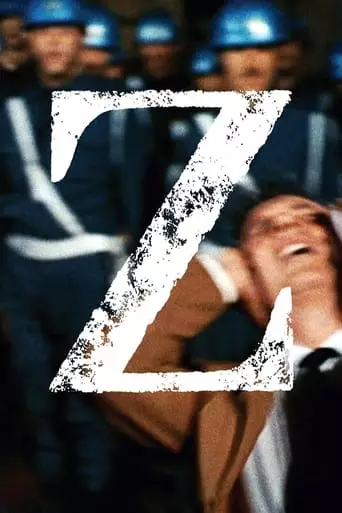
Amidst a heated political climate, the opposition leader is killed in what appears to be a traffic accident. When a magistrate finds evidence of a government cover-up, witnesses start to […]

The head of a giant European investment bank desperately clings to power when an American hedge fund company tries to buy them out.
Costa-Gavras: The Master of Political Cinema
Costa-Gavras, born Konstantinos Gavras on February 12, 1933, in Loutra Iraias, Greece, is a Greek-French filmmaker renowned for his politically charged films. With a career spanning over six decades, Costa-Gavras has used cinema as a medium to explore the intersections of power, corruption, and social justice. Known for his uncompromising narratives and gripping storytelling, he has become one of the most influential directors in global cinema.
Early Life and Education
Costa-Gavras grew up in Greece during a time of political instability and the German occupation during World War II. His father, a leftist, was persecuted during the Greek Civil War, which profoundly influenced Costa-Gavras’s worldview and later became a recurring theme in his films.
In 1951, he moved to Paris to study literature at the Sorbonne. Eventually, he turned to filmmaking, studying at the prestigious Institut des Hautes Études Cinématographiques (IDHEC). After working as an assistant director for renowned filmmakers such as René Clair and Jacques Demy, Costa-Gavras made his directorial debut in 1965 with The Sleeping Car Murders (Compartiment Tueurs), a suspenseful murder mystery that showcased his talent for crafting tension-filled narratives.
Breakthrough: Z (1969)
Costa-Gavras achieved international fame with Z (1969), a political thriller based on the real-life assassination of Greek politician Grigoris Lambrakis. The film, starring Yves Montand and Jean-Louis Trintignant, is a scathing indictment of authoritarianism and state-sponsored violence.
Z is notable for its innovative narrative structure, blending elements of thriller and documentary filmmaking. The film won the Academy Award for Best Foreign Language Film and was nominated for Best Picture, making Costa-Gavras a global symbol of politically conscious cinema.
Politically Charged Masterpieces
Throughout his career, Costa-Gavras has consistently tackled political themes, often inspired by true events. Some of his most significant works include:
The Confession (1970): A chilling portrayal of Stalinist purges, based on the memoir of Czech politician Artur London. The film examines the psychological toll of political repression.
State of Siege (1972): Set in Uruguay, this film explores the covert operations of American government agents during Latin American dictatorships, highlighting the tensions between imperialism and local resistance movements.
Missing (1982): One of Costa-Gavras’s most acclaimed films, Missing stars Jack Lemmon and Sissy Spacek in a harrowing story about an American journalist who disappears during Chile’s military coup. The film won the Palme d’Or at the Cannes Film Festival and the Academy Award for Best Adapted Screenplay.
Tackling Broader Social Issues
While Costa-Gavras is best known for his political films, his work also delves into broader societal critiques:
Hanna K. (1983): This film tackles the Israeli-Palestinian conflict through the story of a Jewish-American lawyer.
Music Box (1989): A courtroom drama starring Jessica Lange that investigates themes of guilt and justice as a woman defends her father against accusations of war crimes.
The Ax (2005): A darkly satirical look at unemployment and capitalism, following a man who resorts to extreme measures to secure a job.
Hallmarks of Costa-Gavras’s Filmmaking
Political Engagement: Costa-Gavras’s films often confront controversial political and social issues, forcing audiences to grapple with uncomfortable truths.
Narrative Tension: His ability to create suspense and urgency keeps his politically charged stories engaging and accessible.
Human Stories: Despite their grand political themes, his films focus on individual experiences, ensuring an emotional connection with the audience.
Moral Complexity: Costa-Gavras avoids simplistic portrayals of right and wrong, instead highlighting the nuances of power and ideology.
International Appeal: With his work spanning multiple languages and cultures, Costa-Gavras’s films resonate with audiences worldwide.
Legacy and Influence
Costa-Gavras has inspired generations of filmmakers with his fearless approach to political storytelling. His films remain relevant in their critique of corruption, authoritarianism, and social inequality.
He has also served as president of the Cinémathèque Française, contributing to the preservation and promotion of global cinema. His work is a testament to the power of film as a tool for activism, education, and empathy.
Conclusion
Costa-Gavras is a filmmaker who has consistently used his craft to challenge the status quo and shed light on the darker corners of political systems. His films remain essential viewing for anyone seeking to understand the complex dynamics of power and resistance. Through his dedication to truth and storytelling, Costa-Gavras has carved a unique and enduring legacy in the world of cinema.